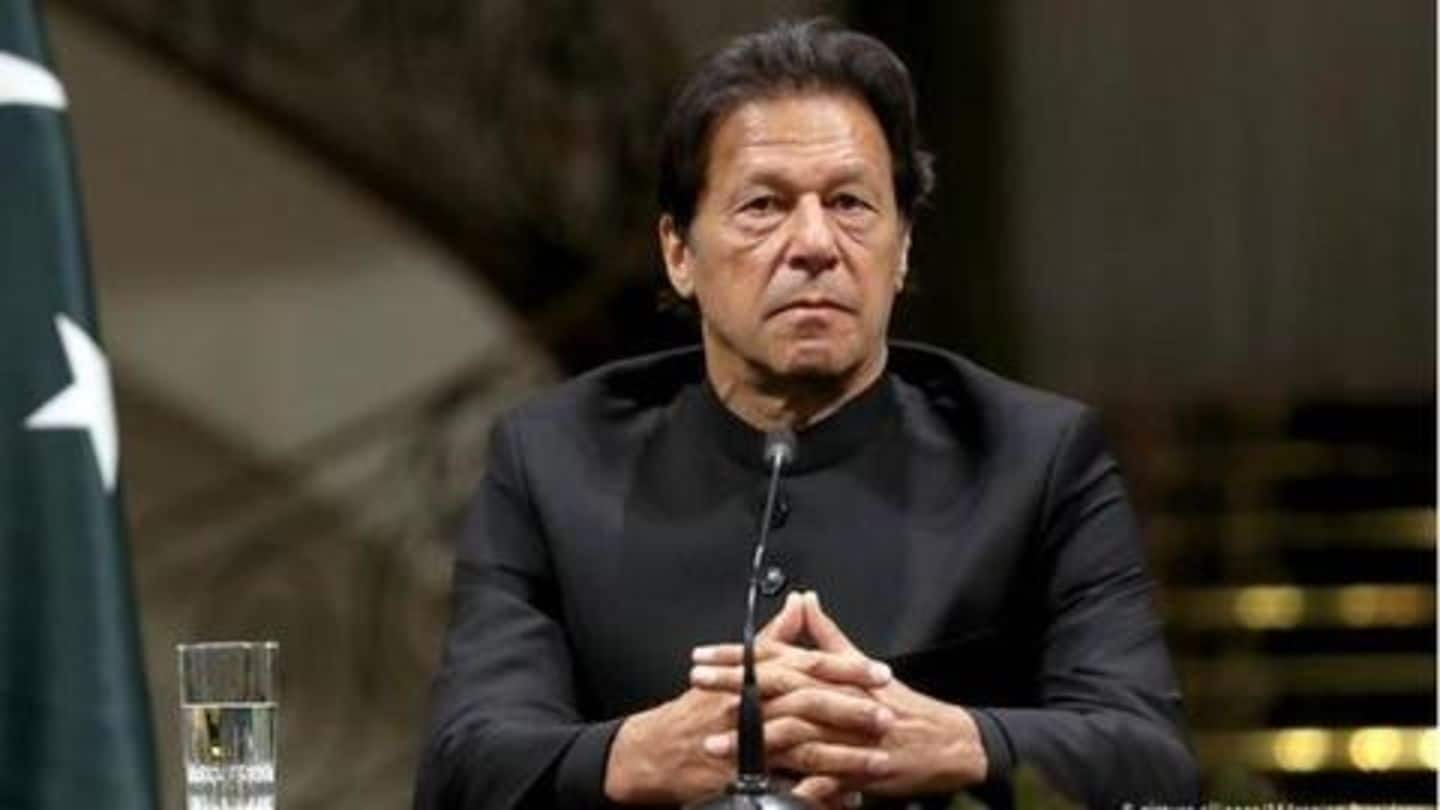
#KashmirIssue: UN, US, China, Russia snub Pakistan; refuse to intervene
What's the story
Pakistan suffered a huge setback on the Kashmir issue after being rebuffed in all efforts to seek international intervention against India's decision to revoke Article 370 and split Jammu & Kashmir into two Union Territories. The biggest blow was the United Nations' rejection of Pakistan's appeal, while the US, Russia, and even its all-weather ally China also refused to interfere in the Kashmir issue.
Details
UNSC refused to take cognizance of Pakistan's letter
The UN Security Council refused to take cognizance of Pakistan's letter, seeking intervention in the Kashmir issue, to its President Joanna Wronecka. Pakistani Foreign Minister Shah Mehmood Qureshi, in a letter on August 6 to Wronecka and UN General Assembly President Maria-Fernanda Espinosa Garces, sought intervention to ensure that India complies to UN resolutions by reversing all steps that interfere with the J&K dispute.
Article 370
Pakistan calls India's move 'unofficial annexation' of J&K; India denies
Pakistan argued that India's move was an "unofficial annexation" of J&K, terming it a "material change of the situation" and a contravention of the UNSC Resolution 48 of 1948. However, India said Article 370 came into existence in 1954 -six years after the 1948 UNSC resolution- and removed in 2019. When Article 370's incorporation didn't signal "material change" neither should its removal, argued India.
Secretary-General
UN Secretary-General highlights that Simla Agreement rejects third-party mediation
The UN said, "The Secretary-General (Antonio Gutteres) also recalls the 1972 Agreement on bilateral relations between India and Pakistan, also known as the Simla Agreement which states that the final status of Jammu & Kashmir is to be settled by peaceful means, in accordance with the UN Charter." Guterres didn't offer to mediate but instead highlighted it's a bilateral agreement, which rejects third-party mediation.
Quote
Guterres makes an appeal for maximum restraint on Kashmir
Guterres' spokesman Stephane Dujarric said that the UN Secretary-General has called on "all parties to refrain from taking steps that could affect the status of Jammu and Kashmir." Dujarric added, "The Secretary-General has been following the situation...with concern and makes an appeal for maximum restraint."
The US
No change in policy on Kashmir: US State Department
Meanwhile, the US has also refused to back Pakistan in the Kashmir issue. Calling on Islamabad and New Delhi to maintain calm and restraint, the US State Department has, however, made it clear that there is no change in its Kashmir policy, calling for direct, bilateral talks. It also added that the US maintains that Kashmir is a bilateral issue between India and Pakistan.
China
India, Pakistan should resolve Kashmir matter 'properly and peacefully': China
Surprisingly, China also denied support to Pakistan on Kashmir and told its Foreign Minister Qureshi that both India and Pakistan are its "friendly neighbors". China also said it wants India and Pakistan to resolve the matter "properly and peacefully". "It should be properly and peacefully resolved based on the UN Charter, relevant UNSC resolutions and bilateral agreement," said Chinese Foreign Minister Wang Yi.
Russia
Russia supports India; says Article 370 removal within constitutional framework
On Saturday, the Russian Foreign Affairs Ministry backed India, saying the abrogation of Article 370 and J&K's bifurcation was "within the framework of the Indian Constitution". "Moscow expects...India and Pakistan will not allow aggravation of the situation in the region due to the change (in J&K)," it said, adding Russia is a "consistent supporter" of the normalization of the relations between the two neighbors.
Twitter Post
Here's what the Russian Foreign Affairs Ministry said on #KashmirIssue
Ministry of Foreign Affairs of Russia: Russia is a consistent supporter of normalization of relations between India and Pakistan.We hope that the differences between them will be resolved by political and diplomatic means on a bilateral basis (3/3)
— ANI (@ANI) August 10, 2019